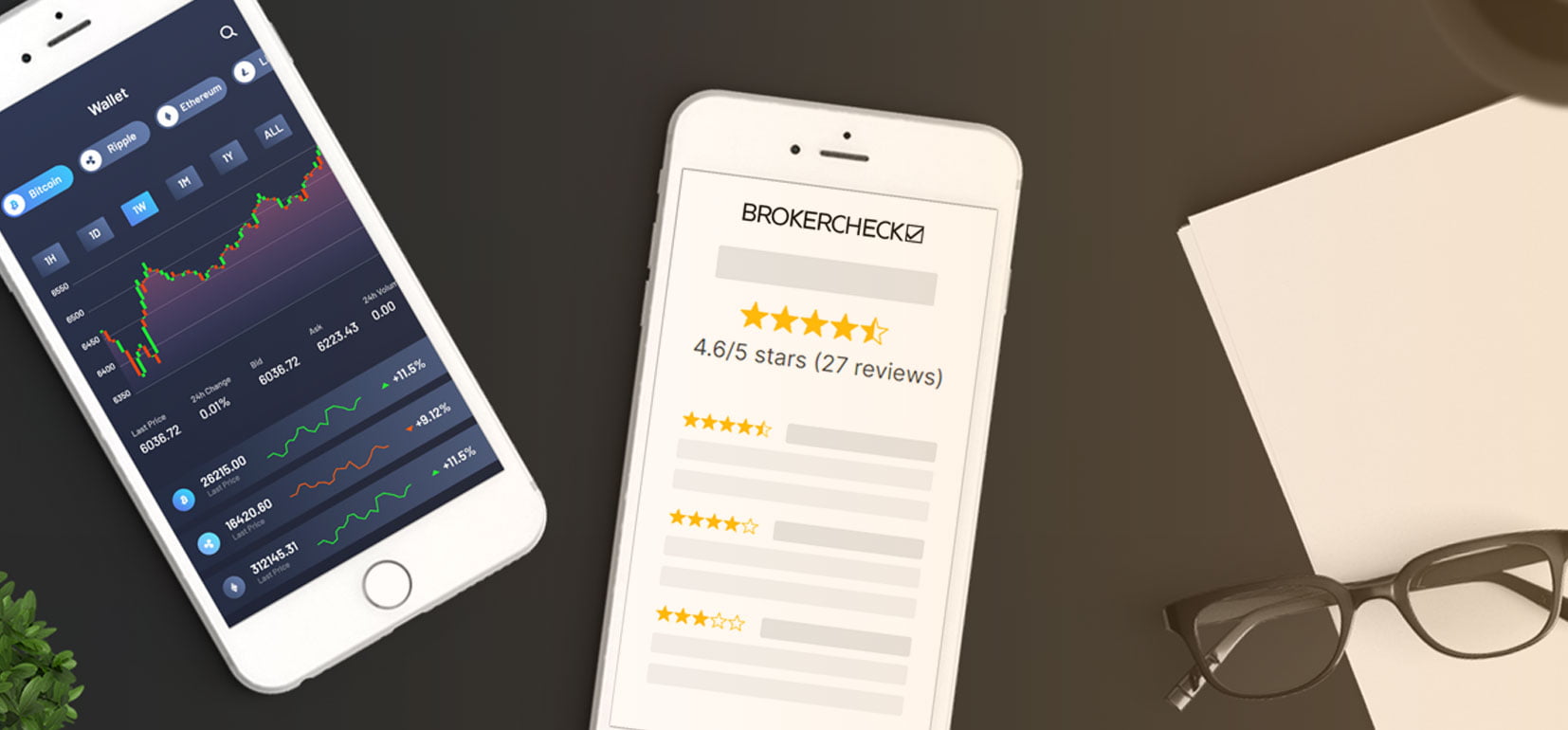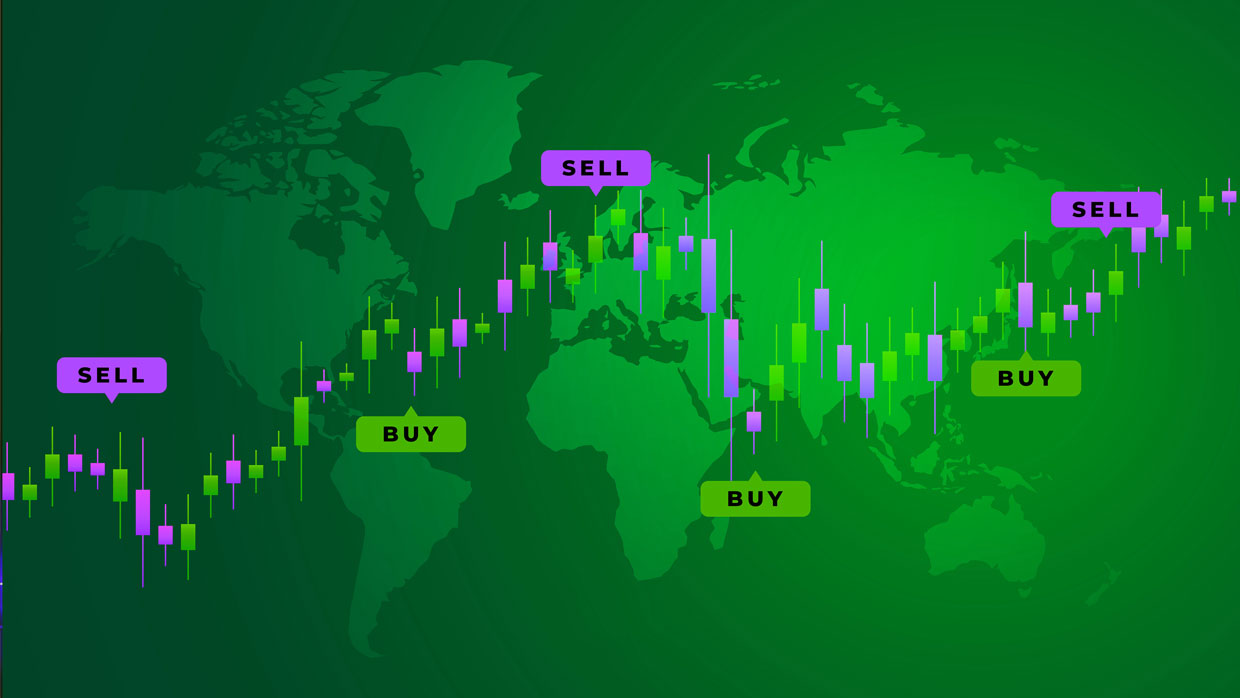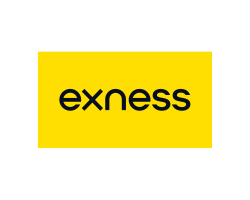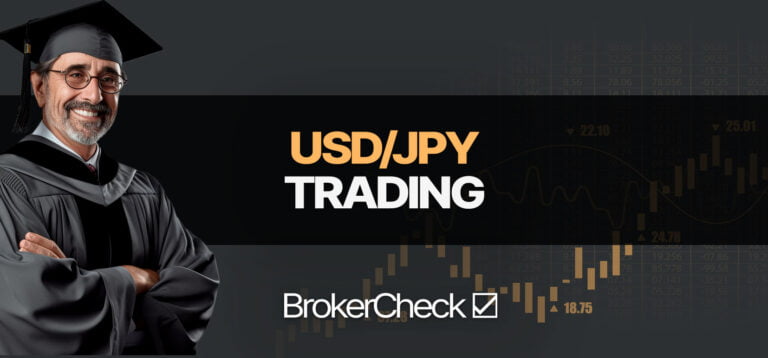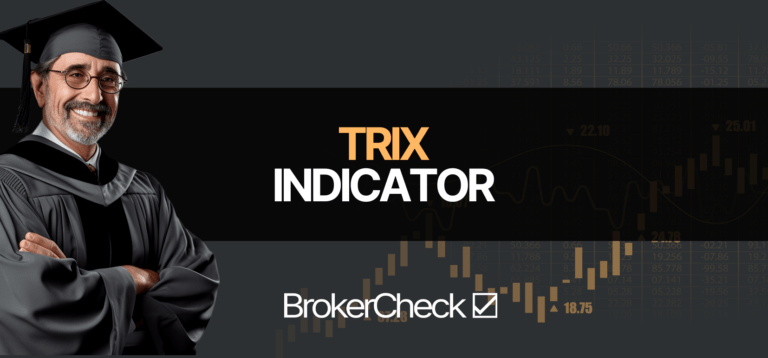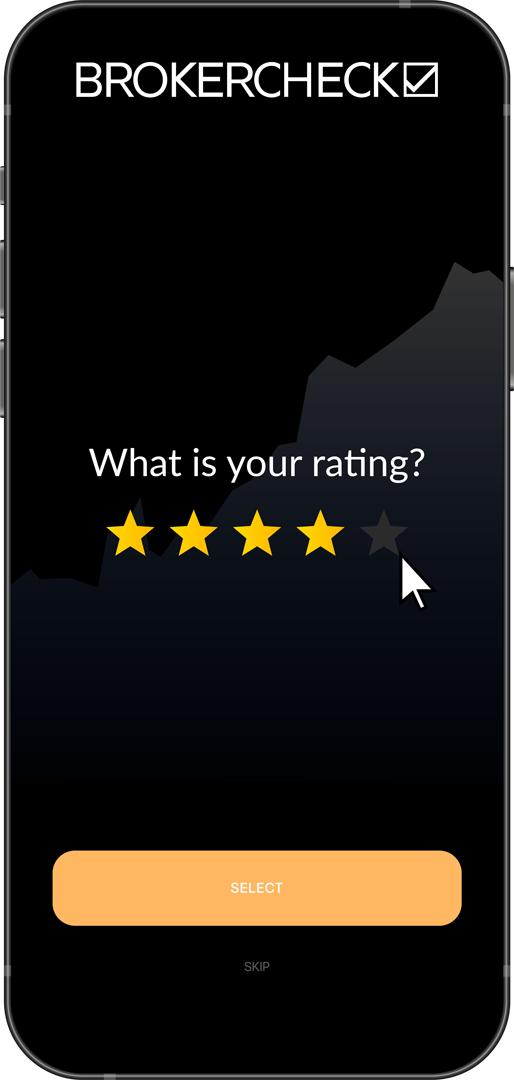What is the forex market?
There is a foreign exchange market. Purchase of goods and services can be done in foreign currency. Currency exchanges are needed in order to conduct foreign trade. If you live in the U.S. and want to buy cheese from France, either you or the company that you buy the cheese from has to pay the French for the cheese in euro.
The importer of U.S. dollars would have to convert the equivalent value of U.S. dollars into euros. It’s not possible for a French tourist to pay in euros to see the pyramids in Egypt. The tourist needs to exchange the euros for the local currency at the current exchange rate.
There is no central market for foreign exchange in this market. Currency trading is conducted electronically over-the-counter, meaning that all transactions occur via computer networks between traders around the world, rather than on one centralized exchange.
The history of forex
The forex market has been around for a long time. People have always exchanged and bartered goods and services. The foreign exchange market is a modern invention.
More currencies were allowed to float against each other after the accord at Bretton Woods. Foreign exchange trading services monitor the value of individual currencies on a daily basis. Investment banks conduct most of the trading in the currency markets on behalf of their clients, but there are also speculative opportunities for trading one currency against another for professional and individual investors.
The interest rate differential between two currencies is a distinct feature of currencies as an asset class. Changes in the exchange rate can make you money. If you buy the currency with the higher interest rate and short the currency with the lower interest rate, you can make money. When the interest rate differential was large, it was common to short the Japanese yen and buy the British pound.
Why can we trade currencies?
Prior to the internet, currency trading was very difficult for investors. Large multinational corporations and high net worth individuals were the majority of currency traders. With help from the internet, a retail market aimed at individual traders has emerged, giving easy access to the foreign exchange markets either through the banks themselves or brokers making a secondary market. Individual traders can control a large trade with a small account if they have high leverage.
An Overview of Forex Markets
Currency trading takes place in the FX market. The world’s only continuous and nonstop trading market is this one. The market for foreign exchange used to be dominated by institutions and banks.
It has become more retail-oriented in the last few years and traders and investors of many holding sizes have begun participating in it. There are no physical buildings that can be used as trading venues for the markets in world forex markets.
The connections are made through computer networks. Investment banks, commercial banks, and retail investors are in this market. The foreign exchange market is not as open as other markets. In OTC markets, disclosures aren’t mandatory. There are large pools of money in the market.
The three ways to trade Forex:
Spot market
The spot market has always been the largest because it is the biggest real asset for the forwards and futures market. The spot market used to be surpassed by the futures and forwards markets. The advent of electronic trading increased the trading volumes for the spot markets. The spot market is what people refer to when they refer to the foreign exchange market. Companies that need to hedge their foreign exchange risks out to a specific date in the future are more likely to use the futures and forwards markets.
How Does the Spot Market Work?
Currency is bought and sold in the spot market. Current interest rates, economic performance, sentiment towards ongoing political situations, as well as the perception of the future performance of one currency against another are some of the factors that affect the price. A spot deal is a bilateral transaction by which one party delivers an agreed-upon currency amount to the other party and receives a specified amount of another currency at the agreed-upon exchange rate value. There is cash in the settlement after a position is closed. The spot market, which deals with transactions in the present, takes two days to settle.
Forwards and Futures Markets
A forward contract is a private agreement between two parties to purchase a currency at a preset price in the OTC markets. A futures contract is a standardized agreement between two parties to take delivery of a currency at a certain price.
The forwards and futures markets don’t trade actual currency.
There are contracts that represent claims to a certain currency type, a specific price per unit, and a future date for settlement. The terms of the agreement between the two parties are determined by the forwards market. The futures market is based on a standard size and settlement date on public commodities markets.
The futures market in the US is overseen by the National Futures Association. The number of units being traded, delivery and settlement dates, and minimum price are included in futures contracts. Clearance and settlement are provided by the exchange. Both types of contracts can be bought and sold before they expire, but they are usually settled for cash at the exchange.
Key Takeaways
- The foreign exchange market is a global marketplace.
- Foreign Exchange markets are the largest and most liquid asset markets in the world because of their worldwide reach.
- Exchange rate pairs trade against each other.
- It is possible to trade euro against the US dollar.
- The derivatives markets offer forwards, futures, options, and currency swaps.
- Market participants use foreign exchange to hedge against international currency and interest rate risks, as well as to speculate on geopolitical events.
Frequently Asked Questions
What is the difference between a bank and an online broker?
Most online brokers offer very high leverage to individual traders who can control a large trade with a small account balance.
What is the largest spot market trading volume?
Forex trading in the spot market has always been the largest because it trades in the biggest “underlying” real asset for the forwards and futures market.
What Is the FX Market?
The FX market is where currencies are traded.
Who are the major players in this market?
In the past, the forex market was dominated by institutional firms and large banks, who acted on behalf of clients.
What is the foreign exchange market?
The foreign exchange market is where currencies are traded.
What is electronic trading?
Rather, currency trading is conducted electronically over-the-counter (OTC) , which means that all transactions occur via computer networks between traders around the world, rather than on one centralized exchange.
What is the forex market activity?
As such, the forex market can be extremely active any time of the day, with price quotes changing constantly.
What Is the Foreign Exchange Market?
The foreign exchange (also known as FX or forex) market is a global marketplace for exchanging national currencies.
What is the forex market?
People have always exchanged or bartered goods and currencies to purchase goods and services.
What are the benefits of currencies?
There are two distinct features to currencies as an asset class You can earn the interest rate differential between two currencies. You can profit from changes in the exchange rate.

